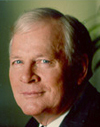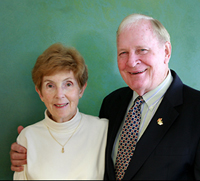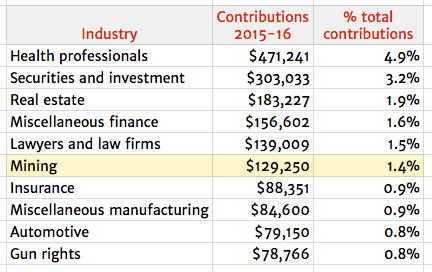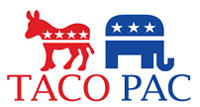By Jim Hopkins
Boulevard Publisher

If there’s anything surprising about David A. Jones Sr. formally entering the high-stakes fray over the University of Louisville yesterday, it’s the fact it took this long to become public.
Nearly three months ago, when Gov. Matt Bevin shocked the community by seizing control of the school and dismissing the 20-member governing board he declared “dysfunctional,” the first person I thought of was Jones, the Louisville native, co-founder of Humana, and one of the state’s leading philanthropists.
That June 17, Bevin said his decision was the “culmination of all the conversations I’ve had with everybody on all fronts.” He didn’t reveal the names of those he’d spoken with, but it certainly would have included alumni whose opinion mattered. And few among that select group matters more than Jones.
“One of the university’s most influential and wealthiest graduates,” I wrote the day Bevin moved against the 22,000-student school, “is Humana co-founder David A. Jones Sr., who received a bachelor’s degree in business there in 1954.”
Jones and his wife, Betty Ashbury Jones, have long and extensive ties to UofL. She received a bachelor’s degree from the school in 1955, and the two went on to graduate school: David to Yale Law; and Betty, much later, to the French School at Vermont’s Middlebury College. (More on those two schools in a moment). Back in Louisville, Jones and a law partner, Wendell Cherry, launched the health-care company in 1961 that would become the Humana empire, starting with a single nursing home; they became millionaires after it went public in 1968.

A Depression-poor childhood
David served on the board of trustees for a time, and Betty taught French Conversation in the Continuing Education Department from 1993 to 2003. For their service to the school, the couple were among the first to be made members of the Arts and Sciences Hall of Honors, in 2007.
David didn’t come from money, and UofL — which he attended on a ROTC scholarship Continue reading “David Jones Sr., his alma mater UofL, and the politics of money and power in Louisville”






 Despite its bipartisan-looking logo, the Yum unit franchisees’ PAC has been leaning very right for the past eight years,
Despite its bipartisan-looking logo, the Yum unit franchisees’ PAC has been leaning very right for the past eight years,